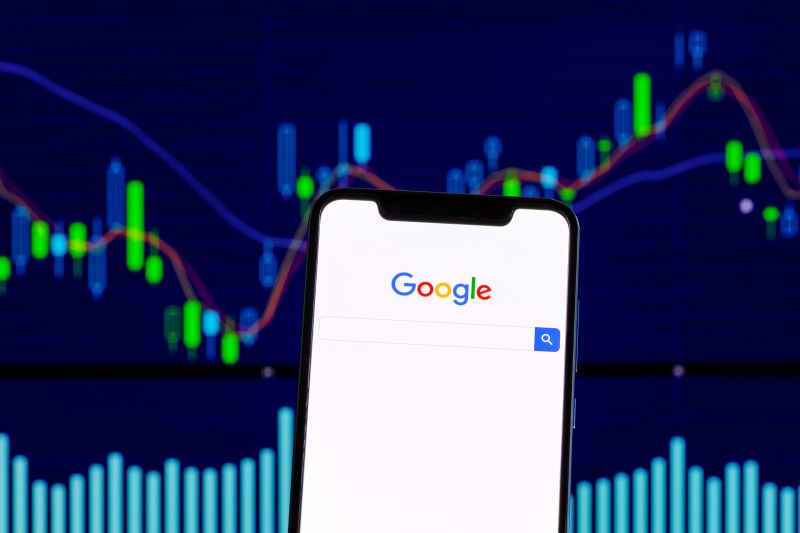How to Improve Crawl Budget Optimization
Crawl budget refers to the number of pages Google can index on a given website. If Google Bots can not find a specific page within a given amount of time, that page will not be indexed. If a webpage is not indexed, it will not be shown in search engine result pages.
Crawl budget optimization ensures that the number of pages on your website does not exceed your crawl budget. This is especially important for businesses that run a big website, recently added more webpages, or include a lot of redirects.
By analyzing log file data, businesses can not only learn how search engines crawl but what they can do to improve their overall crawl budget.
Assessing Status Codes
The first step is sorting the log file data by status code. This will give you insights on total log requests, percentage of crawl budget, total URLs, and average hits per page for each different status code.
There are three common status codes that businesses should assess: 200 pages are the successfully running pages, while 301 and 404 codes refer to redirects and error pages, respectively.
For maximum crawl budget optimization, the majority of the budget should be spent on important 200 pages. All crawl budget being spent on 301 and 404 is being wasted.
Fortunately, there are a number of steps companies can take in order to improve the crawl budget. By analyzing the 200 URLs, companies can identify which ones are important and which do not need to be crawled. This will allow businesses with a big website to ensure the most important webpages are indexed.
Another step is removing all internal links to 404 pages. Rather than links that direct to error pages, all internal links should be redirected to URLs with a 200 status code.
Webpage Indexability
There are various factors that determine whether or note a page will be indexed. This means that not all webpages that are crawled will be indexed. In order to improve crawl efficiency, businesses need to identify the disparities between crawled pages and indexed pages.
Companies should add relevant tags to pages that are of low importance. These canonical tags will prevent non-indexable pages from being crawled.
On the other hand, businesses should double-check that important pages have not accidentally been blocked or marked as non-indexable.
Update Internal Links
Internal links are very important to overall crawl budget optimization. Each internal link increases the chances of the webpage being crawled and boosts Google’s overall understanding of your website.
But internal links are only beneficial if done correctly. Businesses should identify the internal links receiving the most traffic and ensure they are linking to the most important 200 URLs. Another way to increase crawl frequency is by identifying the important pages that do not have a significant amount of bot hits and adding more internal links to them.
If you would like more information about crawl budget optimization, need help improving your website’s crawl budget, or other digital marketing services please contact us at (410) 696-3305, email us at info@pinkdogdigital.com, or visit us on the web at www.pinkdogdigital.com.


